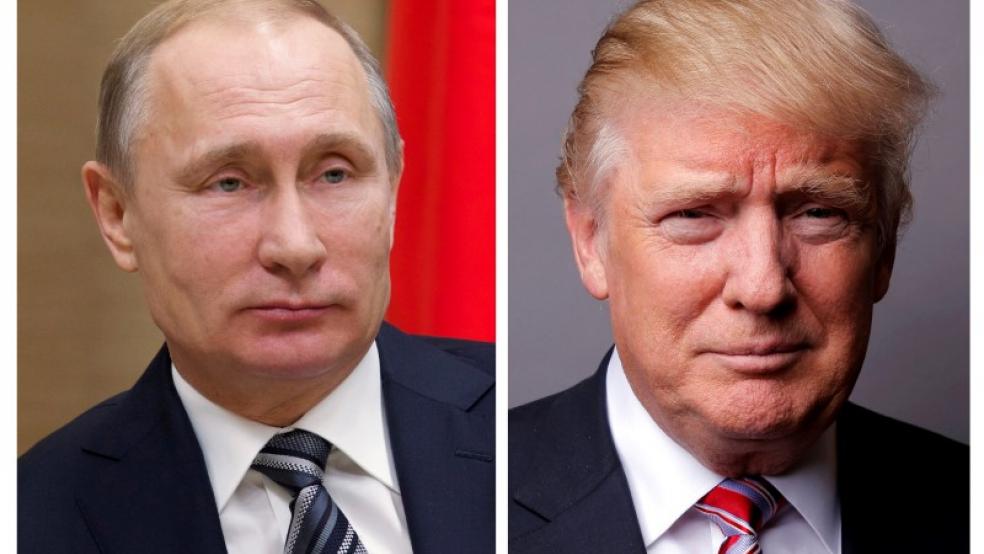When a relatively obscure arm of the Treasury Department, the Office of Foreign Assets Control, issued a release on Thursday that made it easier for some U.S. companies to do business with the Russian Federal Security Service (FSB), there was a rash of ominous suggestions on social media that this was the beginning of a Trump administration rollback of the sanctions that President Obama imposed on Moscow for its invasion of Ukraine and, later, for interfering in the U.S. elections.
Now, given President Trump’s apparent fondness for Russian President Vladimir Putin, there are certainly many who expect a significant reduction in sanctions aimed at the Russian Federation. But, according to an international trade law expert, that’s not what’s happening here.
Related: The US Navy’s $13 Billion Answer to China and Russia
Thursday’s move is really just meant to cure an unintended consequence of an order signed late in December that was preventing U.S. companies from exporting computer software that contains encryption capabilities to Russia.
In December, after intelligence agencies in the U.S. determined that not only had Russia attempted to interfere with the November presidential election but that the order had been given from the very top of the Kremlin, Obama took steps to further strengthen existing sanctions. One of those moves was the addition of the FSB to the list of entities that U.S. persons, businesses and particularly financial institutions are barred from doing business with.
The problem for U.S. software and technology firms is that in order to sell products containing encryption software in Russia, it is necessary to buy a license. And the licenses are sold by the FSB. That meant that U.S. computer firms and others were unable to buy the required licenses and, therefore, were being shut out of the Russian market.
Related: Gen. Petraeus Says The Post-War Order Is in Danger of Collapse
“This simply addresses this unintended consequence that actually harms U.S. businesses,” said Douglas N. Jacobson, an international trade attorney with the law firm Jacobson Burton Kelley in Washington. “That was not what this was intended to do. OFAC didn’t even realize that U.S. companies had to obtain this authorization from Russia to import their products.”
The order issued Thursday is extremely narrow in scope, he said, allowing transactions with the FSB solely for the purchase of the necessary import licenses and capping annual expenditures for those licenses at $5,000 per company.
And to be clear, Jacobson said, the licenses that companies are being allowed to purchase aren’t for selling the kind of high-level security software that could, say, protect a major U.S. political party from being hacked by Russia. The software in question is much more pedestrian.
“It’s things like Microsoft Word,” he said. “Really any Microsoft product.”





